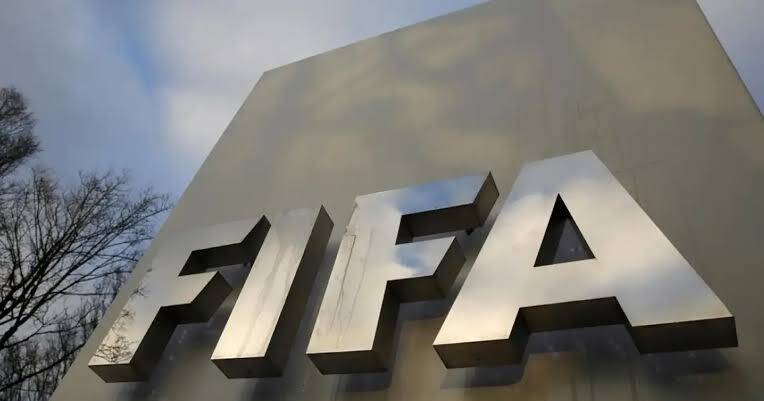FIFA has confirmed a groundbreaking shift to the global football calendar, cutting the number of international windows from four to three.
The reform, announced after months of deliberation, seeks to reduce domestic disruptions while ensuring national teams still get sufficient opportunities to compete.
From the 2026–27 season, the September and October breaks will merge into a single, longer 16-day slot. Running from September 21 to October 6, this extended break will allow national teams to play up to four matches.
Meanwhile, the established November and March windows – each nine days long and permitting two games – will remain unchanged.
Balancing clubs and countries

ALSO READ:
- Nuno Espirito Santo sacked by Nottingham Forest as replacement Ange Postecoglou arrives
- Nuno Espirito Santo, former Tottenham gaffer appointed as new Nottingham Forest head coach
- Memphis Depay becomes Netherlands’ all-time leading scorer in win over Lithuania
- Morocco named host nation for multiple FIFA, CAF competitions
According to FIFA, this decision followed wide-ranging consultations with clubs, leagues, and federations. The governing body stressed that the main aim is to strike a fair balance between club football and international duty. By consolidating matches, FIFA hopes to ease fixture congestion, cut down on excessive travel for players, and protect their welfare.
For clubs, the reform means fewer interruptions in the early stages of the domestic season. Managers will now have more time to implement tactics, build rhythm, and sustain momentum before the first break. Supporters, too, can expect longer stretches of uninterrupted league action.
Mixed reactions across football
Despite the optimism, some federations remain cautious. Concerns have been raised that cramming up to four matches into one block could strain players physically, even if travel demands are reduced. Yet FIFA insists the approach offers more scheduling stability while ensuring national teams maintain competitive sharpness.
This reshaped calendar, FIFA argues, represents a compromise that safeguards both international football’s prestige and the ever-demanding pace of club competitions. For players, coaches, and fans alike, it signals the beginning of a new era where fewer interruptions may enhance the game’s overall quality.
Tags: FIFA, new international break format, September and October windows, football calendar, reduced international windows.